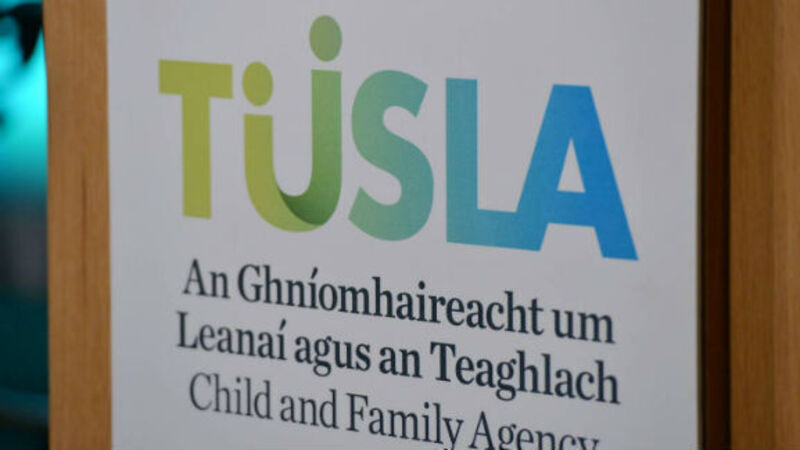Staff in special care facilities at risk of assault due to Covid-19 restrictions

A senior lawyer whose firm acts on behalf of Tusla has warned that restrictions imposed because of the coronavirus outbreak could potentially lead to assaults on staff in special care facilities.
Conor Fottrell is a partner with Mason Hayes and Curran, which acts for the Child and Family Agency and other state bodies who work with vulnerable, high-risk young children.













